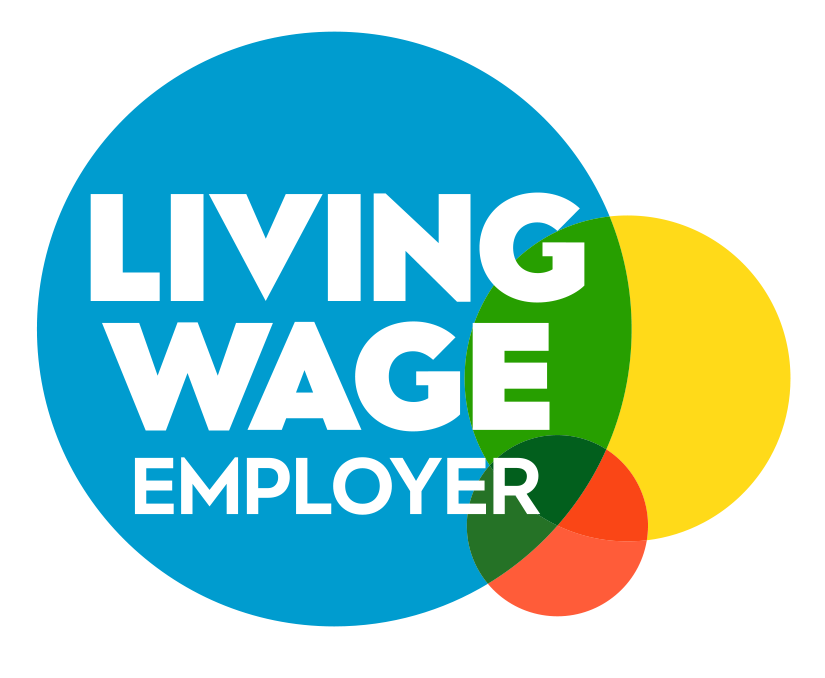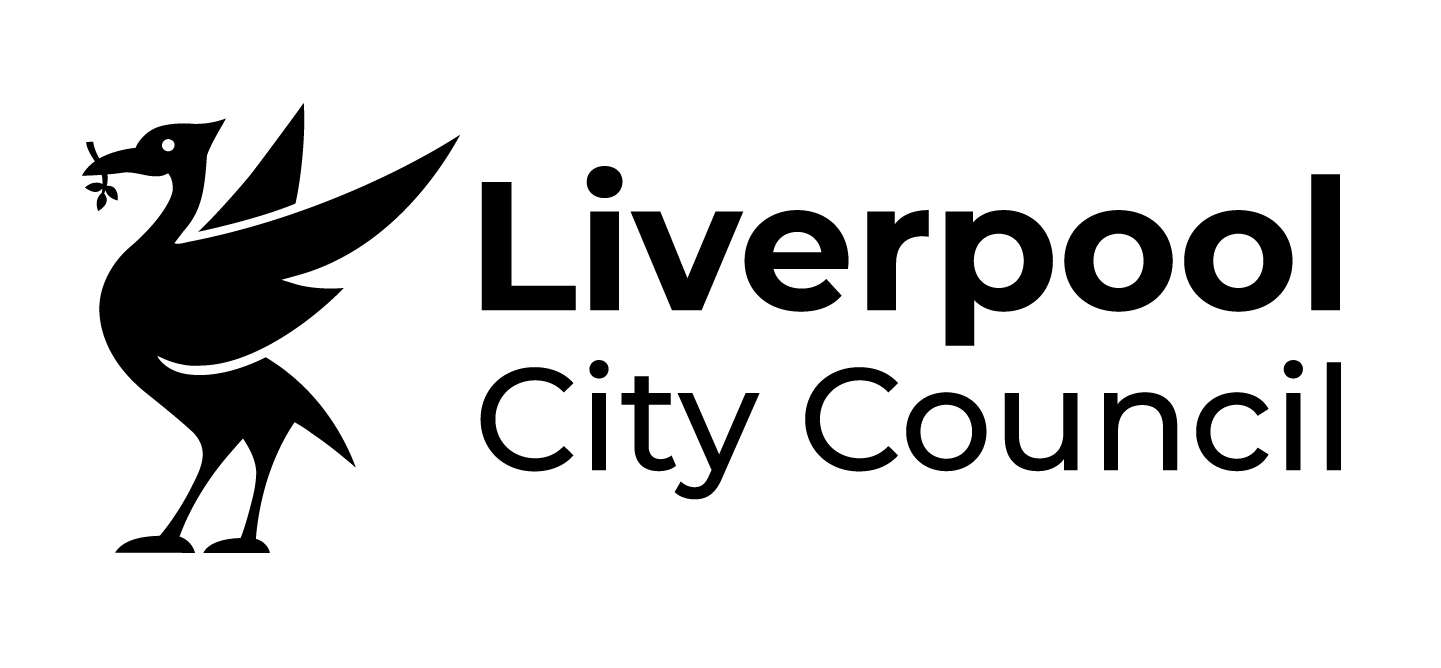
Collective Encounters has joined Culture Declares Emergency, a growing international movement of individuals and organisations in the cultural sector declaring climate and ecological emergency. This means telling the truth, taking action and seeking justice.
See below for our declaration and find out more about CDE including how to sign up yourself here.
We Collective Encounters declare a Climate and Ecological Emergency
We pledge to work with and support our community and local government in tackling this Emergency, and we call on others to do the same.
These are our intentions:
- We will tell the Truth
Governments, and their public broadcasters and cultural agencies, must tell the truth about the Climate and Ecological Emergency, reverse inconsistent policies and communicate the urgency for far-reaching systemic change.
We will communicate with citizens and support them to discover the truth about the Emergency and the changes that are needed.
- We will take Action
Governments must enact legally binding policy measures to reduce emissions to net zero by 2025 and to reduce consumption levels.
We pledge to work towards reducing our emissions to net zero* by 2025.
We will challenge policies and actions of local and national governments and their agencies, where we interact with them, that do not help to reduce emissions or consumption levels.
We will actively work to imagine and model ways that my practice / our organisation can regenerate the planet’s resources.
- We are committed to Justice
The emergency has arisen from deeply systemic injustices. Arts and Culture can imagine and forge shifts in the ways we relate to one another and the world, in our values and behaviours.
We will do what is possible to enable dialogue and expression amidst our communities about how the Emergency will affect them and the changes that are needed.
We will support demands for more democracy within our civic institutions and government.
We believe that all truth-telling, action and democratic work must be underpinned by a commitment to justice based on intersectional principles**, led by and for marginalised people.
*Net zero means that on balance one’s activities are zero emissions, taking into account all possible Greenhouse Gas emissions and actions taken to mitigate or offset those emissions.
**Awareness of how systems of power combine to multiply the impacts on those who are most marginalised in society.














